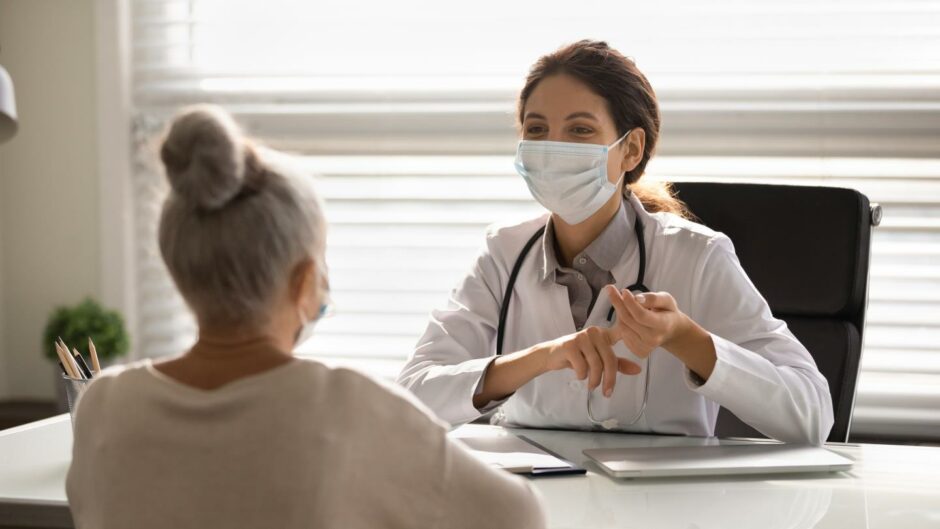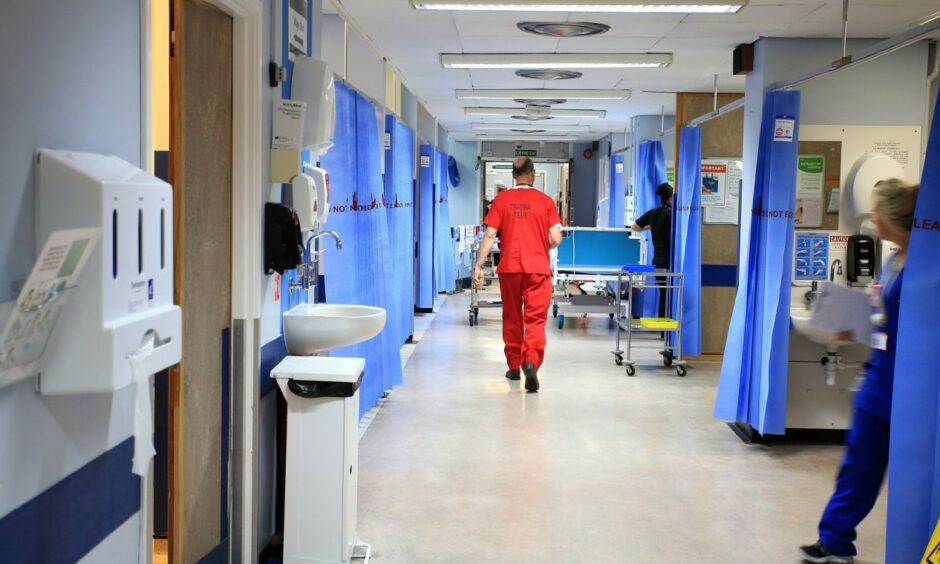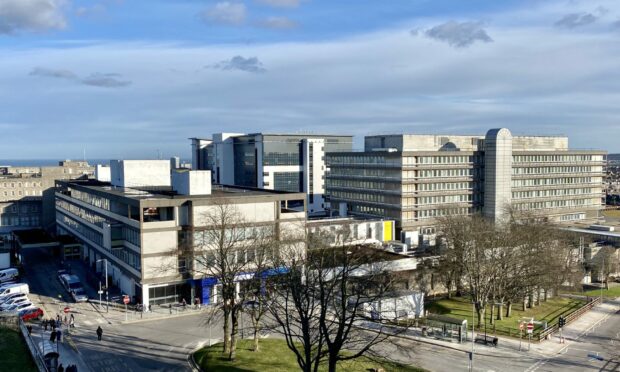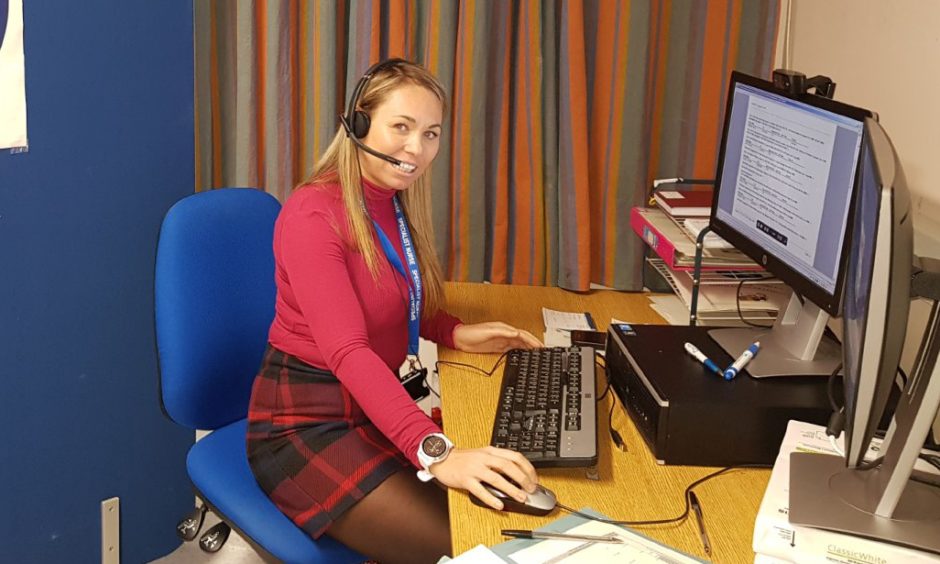Health bosses have moved to reassure the public that changes to GP surgeries have been introduced to help doctors improve care for patients.
NHS Grampian practices changed the way services were delivered to patients during the pandemic.
Instead of phoning for an appointment, patients were told to make online bookings to arrange for video and phone consultations.
This meant doctors and nurses could continue to run services for patients across the region while keeping safe during the pandemic.
But NHS bosses have been told at a board meeting there’s been a sense of frustration within the community with many people believing surgeries are actually closed.
Covid-19 only accelerated the changes to surgeries
It was highlighted at the NHS Grampian health board meeting that the new way of working has been part of an ongoing redesign of primary care, where services are moving away from the “doctor knows best” culture.
A report to the board said that the changes are tailored towards the “right person, right place, right time” approach, aiming to deliver better service to communities using “Homefirst” principles.
The pandemic accelerated the implementation of this, and introduced some proposals that were in their “infancy of thinking”.

The changes were to be brought in under the 2018 GP Contract, a national agreement on service redesigns.
Had this happened during “normal times”, there would have been extensive consultation with both patients and stakeholders.
However, the pandemic has resulted in NHS Grampian putting changes into motion far quicker than the team would normally.
GPs will be able to offer better care this way
Denise McFarlane, outgoing clinical director for primary care, explained some services will be moving into the appropriate place – which is primary care.
This means the GP role can be refocused as an “expert medical generalist” (EMG) and can deal with more complex health needs.
General practitioners will eventually work as part of an extended multidisciplinary team as an EMG.
The report added: “The aim is to enable GPs to do the job they train to do and enable patients to have better care.”
For instance, this will mean the Pharmacy First Service should be used for minor illnesses where an appointment isn’t needed.
Local pharmacists can now offer advice and provide medicine. They can then refer you to another healthcare professional such as a dentist, optometrist or another NHS service if they feel the condition needs further investigation or more specialist care.
The impact of Covid-19
Primary care does not just mean your general practice, it is the care you receive out of hospital, including community pharmacies, dental and community opticians.
In the report to NHS Grampian, the primary care team detailed the extensive work being done by staff.
Simon Boker-Ingram, chief officer of health and social care for the Moray Health and Social Care Partnership, said during the meeting: “The last 18 months has really tested our system and those challenges remain.”
Before the start of the pandemic, a number of appointments were already being carried out virtually.
Contrary to the public’s perception, it was highlighted that face-to-face appointments have always been available depending on clinical need.
But by increasing the use of digital technology, such as virtual appointments, phone consultations, Near Me and eConsult helped during the height of the pandemic.
What is eConsult?
By implementing this, people can expect swifter access, more convenience for patients since it avoids the need to travel to the surgery and the use of services like eConsult is convenient to the patient.
eConsult is an online way of contacting your doctor to get help and support.
In addition, ordering your medication online, and using the booking services will also decrease waiting times for appointments.
Dr McFarlane said this gives patients the opportunity to write out their health concerns in detail without rushing their explanation over a phone call
But “for some demographic groups” this new way of working has “proven more of a challenge”, and the primary care team is working closely with patient engagement and corporate communications to encourage involvement.
It will become embedded in the way practice clinicians interact with all patients in coming years for increased ways of accessing health care.
Frustrations from the community
Councillor Isobel Davidson, who represents the Ellon and District, highlighted that she has heard frustrations from constituents who feel services aren’t open.
She has heard complaints that people “don’t get the services at the surgery that they used to get” and “that no one is getting dental appointments”.

NHS Grampian has been in discussions with the Scottish Government and the health board’s corporate communications team on how to get the right message to the public.
Mr Bokor-Ingram said they are working on having a conversation with the community, “as opposed to telling them what we’re doing”.
He added: “We’ll pick up on specific needs and anxieties and form a better two-way dialogue than just putting information out.”

